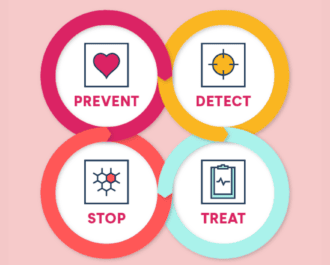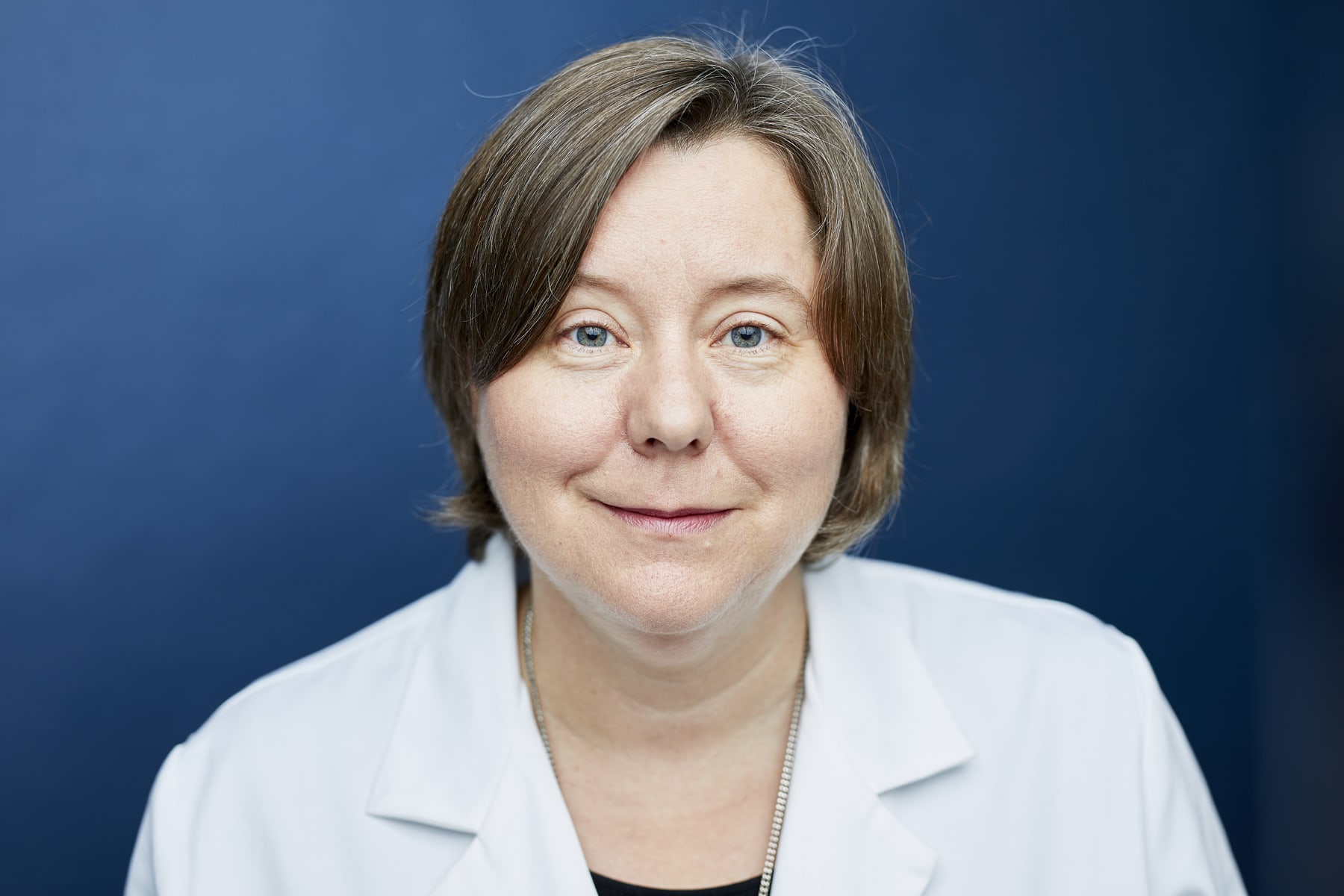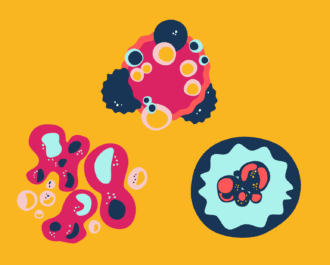
Australian scientists have developed new pathology guidelines for breast cancer assessment, which will be included in the 2019 edition of the World Health Organisation’s “Blue Book”. The Blue Book is the gold-standard classification scheme for breast cancer tumours. The effort was led by Professor Sunil Lakhani and Dr Amy McCart Reed at the University of Queensland, working with Professor Sandra O’Toole from the Garvan Institute of Medical Research.
Their research focused on metaplastic breast cancer (MBC), which accounts for less than 5 percent of all invasive breast cancers, but can be very aggressive. The tumours can change into other forms of cancer as they develop, including sarcomas, which makes them hard to treat. Due to their rare nature, it can be challenging to gather enough tissue to perform the essential research required.

To study these MBC tumours in greater detail, the research team formed the Asia-Pacific Metaplastic Breast Cancer Consortium (APMCC), which allowed them to collect several hundred samples of the rare cancers. Then, using the latest genomic technologies, the scientists were able to identify the molecular changes that occur in various tumour subtypes. They found that the more different types of cells were present within the metaplastic tumour, the worse the prognosis for the patient. They also identified specific proteins which can help predict the aggressiveness of a tumour. All of this information can assist pathologists when assessing tumour tissue.
“Previously pathologists (specialist doctors who diagnose disease including cancers) didn’t know it was important to be precise about the types of cells present,” said Professor O’Toole. “Our research has shown it is critically important to do this and the international breast tumour diagnosis guidelines from the World Health Organisation have been updated to specify this. This means that women all round the world will be diagnosed using the same rules and we hope this will lead to better treatment and outcome for them, wherever they may live.”
The genomic analysis of the tumours also allowed the researchers to identify some changes in the tissue that may be able to be targeted with new treatment approaches. The team are now actively pursuing these leads, and hope to develop novel treatments in the future.
Professor O’Toole, who receives funding from the NBCF, praised the work of her collaborators and the APMCC. “I feel enormously proud of the team and honoured to be a part of this important research,” she said. “We are all dedicated to finding better ways to more precisely and accurately diagnose breast cancer and I feel our contribution has done this for women with this rare and potentially difficult to diagnose aggressive cancer.”
More News Articles
View all News



